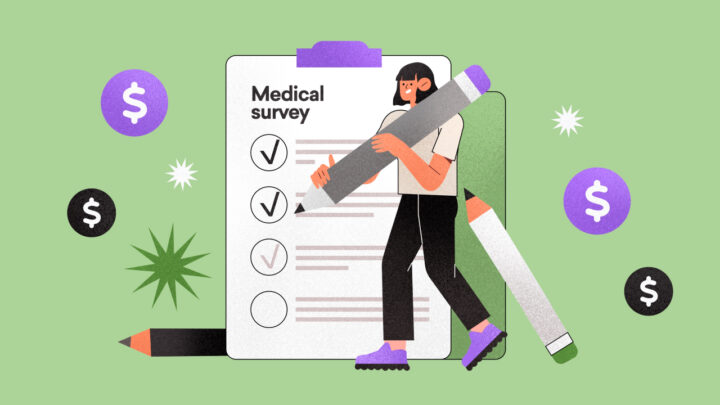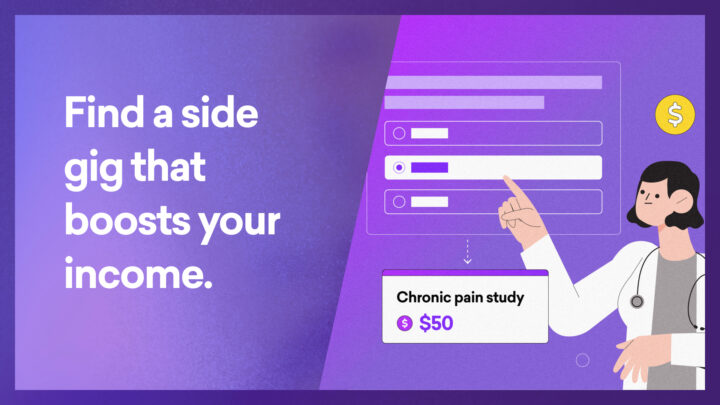
Social media can cause health tips to go viral—spiking the popularity and increasing the demand for certain products. These trends can be either positive or detrimental. This phenomenon is the cause behind the sudden short supply of the diabetes medication Ozempic; physicians are prescribing Ozempic off-label for weight loss as the word spreads on social.
Normally used to treat patients with type 2 diabetes, Ozempic went viral on the social media platform TikTok due to its dramatic weight-loss side effect. While the drug is not approved for weight loss, some healthcare providers do prescribe it off-label for that use. However, the Ozempic shortage could put people with diabetes at risk. In fact, 77% of physicians—according to a recent Sermo poll of 1,444 physicians—are concerned about the impact of these shortages.
According to that same poll, 48% report patients with type 2 diabetes are having issues filling their Ozempic prescriptions. Diabetic patients unable to fill their prescriptions run a higher risk of serious health complications. These include nerve damage, as well as eye, kidney, or heart disease, some of which may require hospitalization.
Can and should physicians help address this problem?
Speaking to the popularity of using Ozempic off-label, 49% of Sermo physicians report knowing patients using Ozempic off-label. But what are physicians’ responsibilities to combat patients taking medications not according to its intended use?
69% believe physicians can do more to address this situation. A majority (38%) say the best approach to limit off-label Ozempic use is for pharmacies to confirm the patient’s type 2 diabetes diagnosis with the patient’s physician’s office prior to filling the prescription. One stomatologist said, “In my opinion, pharmacies should take regulatory action.”
Other tactics physicians suggest include:
- 22% – Issuance of new temporary regulatory guidelines
- 21% – Physicians advocating for patients
- 12% – Increased awareness campaigns on social media
Here’s what Sermo’s physician community around the world had to say:
“Unfortunately, in Ontario, Canada at least, there is no real punishment for prescribers writing Ozempic ‘off-label.’ If the government or private drug plan decides to claw back the payment because the patient does not meet the indication, nothing happens to the prescriber. On the other hand, the Pharmacy is out the cost of the medication. In the case of Ozempic, that is quite substantial.
When writing off-label prescriptions for products like Ozempic, the prescriber is putting undue stress on the Pharmacy. It is the Pharmacy staff, not the prescriber, that has to tell the patient that they do not meet the criteria for coverage. As you can appreciate, this does not always result in a positive outcome.”
Canada, Internal Medicine
“Other than the usual endemic supply chain issues, I don’t think Ozempic will always be in shortage. It’s not a complex biologic compound requiring antibodies, mice, etc, but rather a relatively straightforward organic molecule. C187H291N45O59. Once it goes off patent (and/or once its price is pushed down by Mounjaro’s availability), I think it could be an overall huge benefit to society.
As a cardiologist, probably 20% of my outpatient new visits are preop ‘clearance’ for bariatric surgery, many of whom would easily lose enough weight, without surgery, by taking Ozempic for a year, and maybe using that weight loss to improve their ability to do endurance activity, they could keep the weight off, and maybe get off Ozempic, without having irreversible changes made to their GI plumbing.”
U.S., Cardiology
“Ozempic slows the rate at which food leaves your stomach, helps reduce the amount of sugar released by the liver, and, when blood sugar is high, increases the amount of insulin released by the pancreas. . .Wegovy is a synthesized version of an intestinal hormone, which decreases appetite. Both are very good medicines but they are not available in my country so I don’t have much experience with them.”
Turkey, Emergency Medicine
“The type 2 diabetes injectable semaglutide (Ozempic) has gone viral on social media for one of its side effects — weight loss — and become harder to access among people who use the drug to manage their blood sugar…at this circumstance, doctors should come forward along with the government to avoid the misuse of this drug by strict monitoring & applied legislation.”
Cuba, Urology
—
On behalf of Sermo, thank you for checking out our blog post on Ozempic and off-label medication. This is just one of the many examples of physician research opportunities and insights available with Sermo.
At Sermo, we turn physician experience, expertise and observations into actionable insights for the global healthcare community. Engaging with more than 1 million HCPs across 150 countries, we provide physicians with a social platform that fosters impactful peer-to-peer collaboration & discussions about issues that are important to them and their patients. Sermo offers on-demand access to physicians via a suite of proprietary technology to provide business intelligence that benefits pharmaceutical, healthcare partners and the medical community at large.
Interested in learning more? Check back any time and follow us on Facebook, Twitter and LinkedIn for the latest and greatest in healthcare insights.
To explore our exclusive business solutions, please visit us at sermo.com/business or email us at business@sermo.com.








